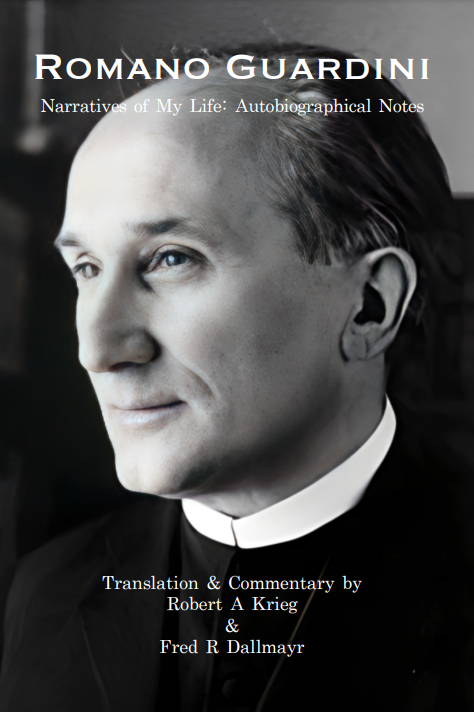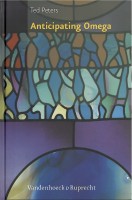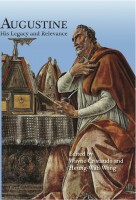Description
About the book
This book is not just a history. To be sure, it offers an historical account of the life of Romano Guardini (1885–1968), as recounted by Guardini himself.
However, it is not simply about the past. Precisely because it deals with the life of a faithful and thoughtful person, the book is also about the present and projects itself into the future. For, as Guardini always insisted, leading a thoughtful and faithful life means being oriented toward the ‘good life’, that is, toward the vision of a just and loving community. This orientation does not just happen by itself, nor can it be imposed or dictated from above, but has to be
nurtured steadily by hearts open to the voice of the Spirit and the call of truth.
Seen in this way, Romano Guardini occupies a crucial place in the world— in his world, in ours, and in the world to come. As he emphasizes beautifully at the end of his memoir—Narratives of My Life: Autobiographical Notes—he never considered himself as an isolated individual, nor as the spokesman of a dominant ideology or doctrine. Rather, his work was always energised by and in dialogue with a broader context—a context which one of his mentors, Max Scheler, aptly called the ‘life world’.
About the author
Romano Guardini (1885–1968) was a German Catholic priest, author, and academic. He was one of the most important figures in Catholic intellectual life in the 20th century. Guardini spoke Italian and German and also studied Latin, Greek, French, and English. For two semester he studied chemistry in Tübingen then economics in Munich and Berlin, before deciding to become a Catholic priest. He studied Theology in Freiburg im Breisgau and Tübingen. Impressed by the monastic spirituality of the monks of Beuron Archabbey, he became a Benedictine oblate, taking the name Odilio. Guardini was ordained a diocesan priest in Mainz by Georg Heinrich Kirstein in 1910. In 1945 Guardini was appointed professor in the Faculty of Philosophy at the University of Tübingen and was lecturing in the area of Philosophy of Religion. In 1948, he became professor at the University of Munich, where he remained until retiring for health reasons in 1962. That same year, he received the Erasmus Prize, an annual prize awarded by the board of the Praemium Erasmianum Foundation to individuals or institutions that have made exceptional contributions to culture, society, or social science in Europe. Pope Paul VI offered to make Guardini a cardinal in 1965, but he declined.





